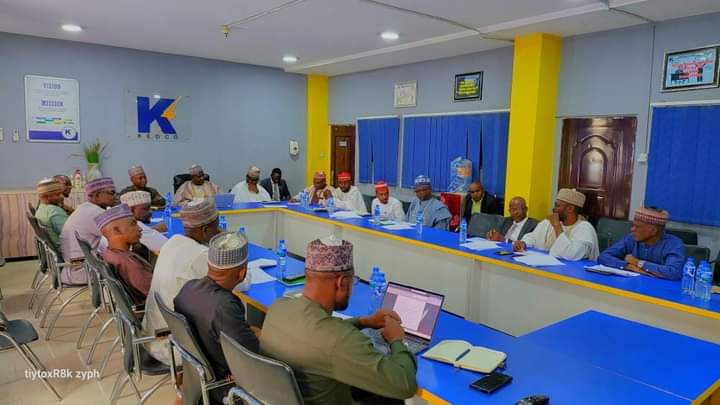The Kano Electricity Distribution Company (KEDCO) has partnered with various renewable energy companies to build solar mini-grids with a total capacity of 60 megawatts across 41 locations in Kano, Katsina, and Jigawa States. This initiative aims to reduce power outages in its service areas.
KEDCO has allocated 41 prioritized sites to 31 renewable and off-grid companies to enhance energy supply to its customers. This project, known as the KEDCO Utility 2.0 Project, aims to improve energy security by unlocking renewable energy potential and aligning with the Federal Government’s energy transition plan.
Bala Sani, KEDCO’s spokesman, explained that the company is engaging with stakeholders, including the governments of Kano, Katsina, and Jigawa, to ensure the success of these projects. The selected sites across the three states will feature interconnected mini-grids and embedded generation projects to augment grid supply and improve network reliability.
To reduce losses, all projects include network infrastructure upgrades similar to the $2 million Zawaciki Solar Power Plant, developed by KEDCO’s core investor, Future Energies Africa, as a pilot for the Utility 2.0 initiative.
The mini-grid sites include Tokarawa Industrial Area, Amana and Kwankwasiyya Cities in Kano, Charanchi, Malumfashi, and Barhim Estate in Katsina, and Kafin Hausa and Gumel towns in Jigawa State, among others. Renewable companies such as Axxela, PowerGen, DayStar, Elektron, Bagaja, ProServe, Husk, Pam Africa, and Westa have shown interest in participating in phase one of the project.
A comprehensive procurement process categorized pre-qualified developers into Tier 1 (sites of one megawatt or greater) and Tier 2 (sites under one megawatt). These developers must complete an initial site assessment, register, pay fees and security deposits, and sign agreements by the end of July 2024, with construction beginning in the third quarter of 2024.
An estimated 60MW will be allocated to developers for constructing solar power plants, upgrading distribution infrastructure, and providing metering infrastructure. Tokarawa, Challawa, and other proposed sites will operate as embedded generation projects under bilateral contracting agreements between KEDCO and the developers.
KEDCO’s core investor, Future Energies Africa, is championing Utility 2.0 to make KEDCO the first green utility in Africa. According to KEDCO’s Chief Strategy Officer, Hussaini Sadiq, this initiative presents significant investment opportunities, especially in reviving agro-industrial and commercial hubs in collaboration with state governments.
KEDCO’s Chairman, Adamu Gumel, emphasized the company’s commitment to resolving energy deficiencies in its network through continuous development of the Utility 2.0 initiative. He noted that the 60MW capacity in phase one is only a small part of the energy gap, and successful developers from this phase will continue to partner with KEDCO in future projects.
The Electricity Act 2023 supports the construction of mini-grids to generate power through renewable sources, further facilitating this initiative.
